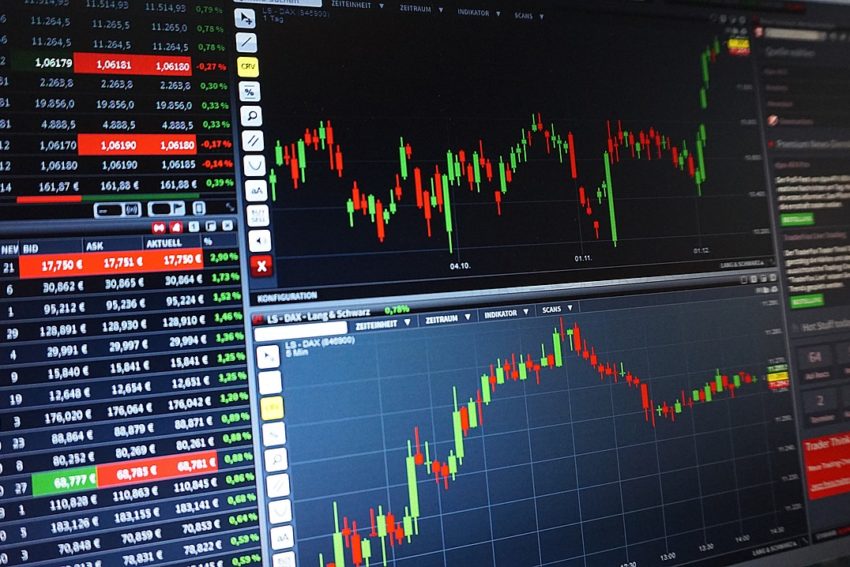A new project to enable real-time energy trading of excess power on the Orkney Islands has gone live, allowing trading between renewable generation and local flexibility.
Led by UK blockchain firm Electron, project TraDER, funded by the UK’s department of Business, Energy and Industrial Strategy, allows the islands to reduce renewable energy curtailment, a noted problem given the high amounts of renewable energy generated.
Read more about
Blockchain
UK
Current trading on the Electron platform is actively resolving grid congestion, reducing wasted renewable power, and lowering consumer bills in the Orkney Islands. To date, the trading platform has seen over 1300 trades in its demonstration region.
Amidst reports of 10-20 per cent decreases in power demand due to COVID-19, many are calling the current lock-down a glimpse into the net-zero future, bringing forward the challenges of mass renewable curtailment and rising grid congestion.
Other companies in the project TraDER consortium include Community Energy Scotland, EDF, energy flexibility firm Kaluza and Scottish and Southern Electricity Networks
Conor Maher-McWilliams, Head of Flexibility at Kaluza, said: “Despite Orkney’s small size, this project milestone could have a profound impact on the whole of the UK’s energy system.
“Enabling community-owned turbines to keep turning ” by storing their renewable energy in Kaluza- optimised heaters ” means residents are heating their homes with cheaper electricity and preventing renewable energy from going to waste. We are excited to progress Project TraDER and demonstrate the scalability of its approach for the benefit of the wider grid as the UK transitions to a decarbonised, more flexible energy future.”
Electron chief executive Jo-Jo Hubbard said that “co-ordinating national price signals with local grid requirements is absolutely key to maximising the incentive for local flexibility to come online and, in turn, enabling the zero-carbon grid”.
“Moreover, the more we see negative national electricity prices, the faster we need a solution that ensures that this does not disturb grid resilience at a local level. We believe that this is the first multi-sided local marketplace that actually affects the physical flow of power and brings more zero carbon, zero marginal cost power online, and we are thrilled to be working with our TraDER partners and the engaged community of Orkney to make this happen.”
Mark Hull, Head of Innovation at CES said: “Facing a future of smart energy systems, many of the wider societal issues that will need to be addressed to more actively manage distribution rely heavily on local solutions in our own communities and homes.
“More than just being compatible with national systems, we recognise that the new technology being embedded in familiar items that surround us can become key assets. When linked to new and existing local community activity, they are further strengthened; and become
essential to any just transition.”
Next steps of the project will continue to expand through integration with the active network management system to bring more parties online, with the ultimate aim to aggregate local and national markets. Project TraDER brings together the consortium of Electron, Community Energy Scotland, CGI, EDF, Elexon, Energy Systems Catapult, Kaluza (an OVO Group company) and Scottish and Southern Electricity Networks.
Originally published on smart-energy.com











